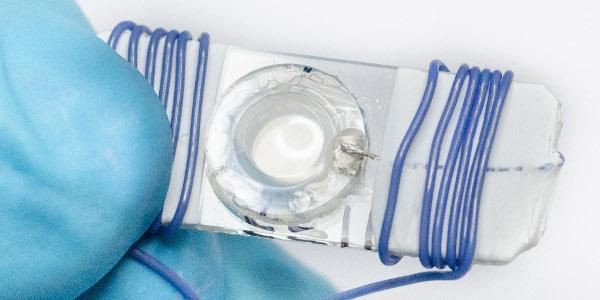New adjustable LCD lens could eliminate reading glasses

Experts believe that number of people with severe vision-related problems will double by 2030. However, advancement in science and technology has made it easier for people to see the world around them clearly.
Adding to the number of options available for people with vision-related issues, a postgraduate at the University of Leeds, UK, has developed a new liquid crystal eye lens. The lens has been created using the liquid crystal found in the screen of TVs and smartphones, reports Medical Daily.
According to the researcher, the new lens is capable of restoring the eyesight in middle-aged people. Human tend to lose the flexibility of their eye lens after 45. It results in a condition called age-related farsightedness or presbyopia. In this condition, the person is not able to see nearby objects clearly.
The synthetic lens designed by UK’s Devesh Mistry can be used as a replacement for the natural lens that loses elasticity and flexibility over a period of time. The liquid crystal lens can automatically adjust the focus of the eye, depending on the movement of the muscles.
“Liquid crystals are a very underrated phase of matter,” said Mistry, in an interview with The Times. “Everybody’s happy with solids, liquids and gases, and the phases of matter, but liquid crystals lie between crystalline solids and liquids. They have an ordered structure like a crystal, but they can also flow like a liquid and respond to stimuli.”
Mistry is hopeful to have the prototype of the lens completed by the end of his doctorate at the university in 2018. Mistry's aim is to treat presbyopia with the help of a bionic lens.
Contact the writer at feedback@ibtimes.com.au, or let us know what you think below.





















